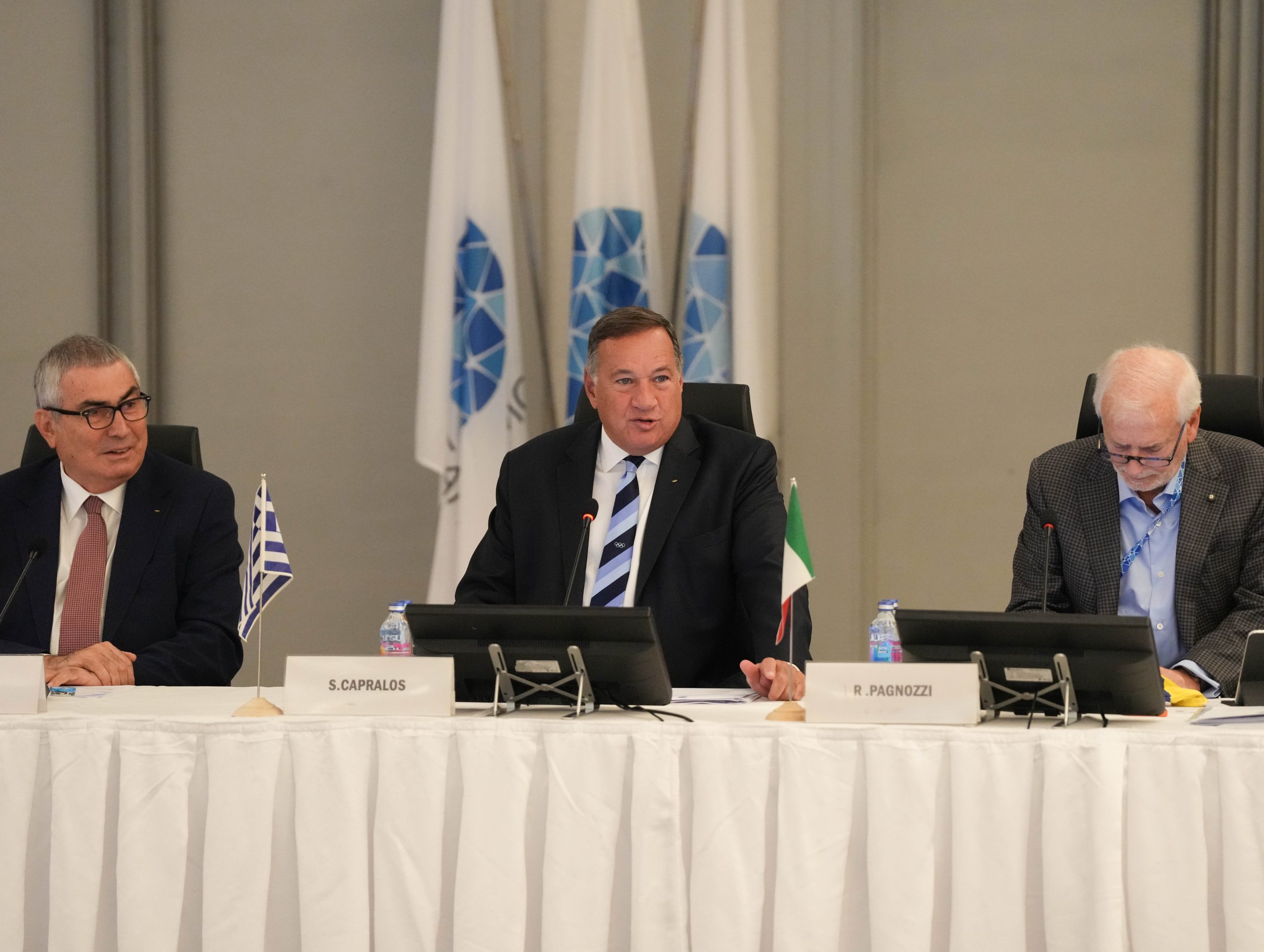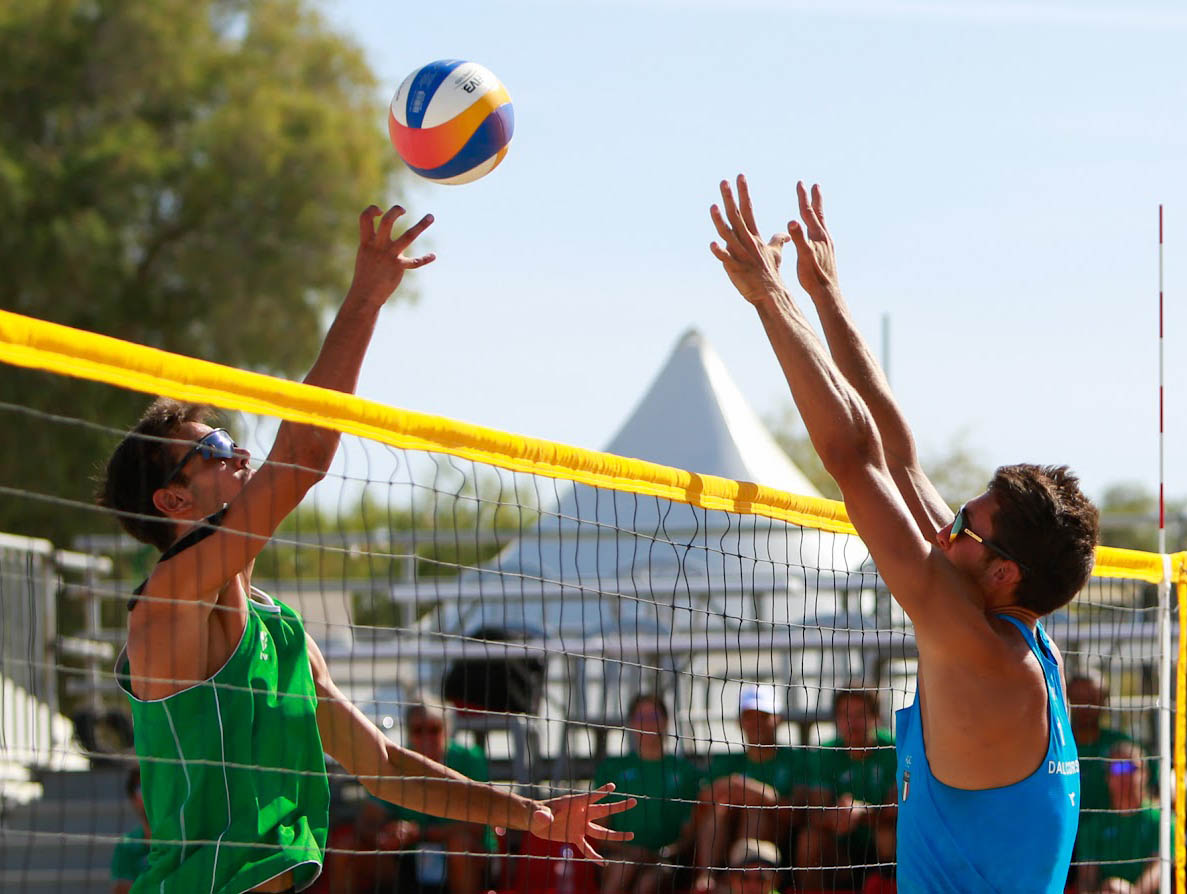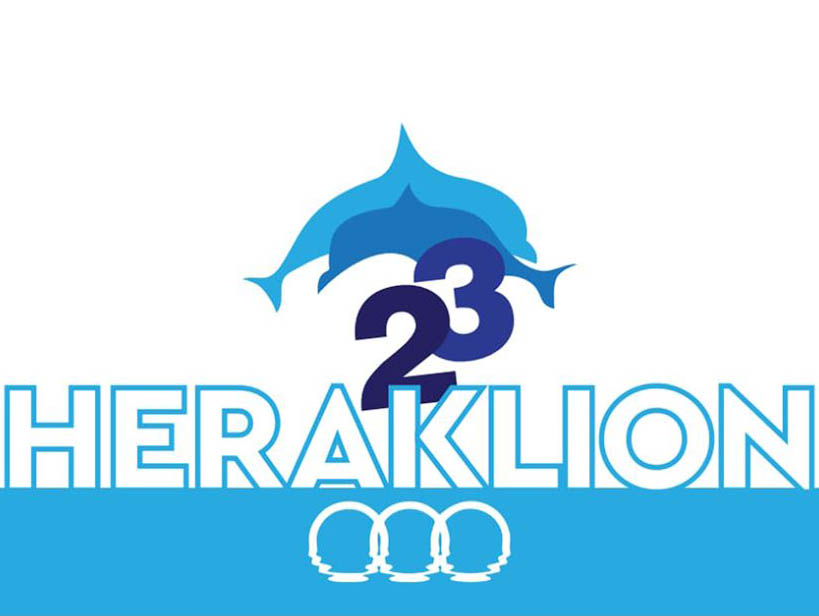1. Russia Agreement consequences for professional footballers
A Spanish Administrative Court has asked the European Court of Justice for a preliminary ruling on the compatibility of the EC and Russian Federation agreement on partnership and cooperation with a regulation of the Spanish football association. The provision states that, in matches at national level, clubs can use only a limited number of players from third countries which are not part of the European Economic Area.
Art. 23 of the Russia Agreement assures Russian workers employed legally in the Community treatment equal to that of Community citizens with respect to working conditions, pay and notice. Previously the Court of Justice had, in the case of the Slovak Kolpak, extended its Bosman precedents, which applied only to Community citizens, to citizens of States associated with the Community. The Kolpak verdict involved a requirement similar to Art. 23 in terms of content. The CoJEC saw any restriction on the use of citizens of associated States as discrimination and therefore inadmissible. The difference with the Kolpak case consists of the fact that the agreement with the Slovak Republic is geared towards accession to the Community. The CoJEC had also referred to this circumstance in arguing the case in its verdict. The Russia Agreement, on the other hand, is not geared towards accession but is intended only to establish a partnership.
The verdict is eagerly anticipated as the situation is comparable to the one that occurred because of a dispute about the interpretation of Art. 13 III of the Cotonou Agreement, which came into force on 1st April 2003. The Cotonou Agreement was concluded by the Community with 77 States of Africa, the Caribbean and the Pacific (ACP) and, like the Russian Agreement, provides for equal treatment with regard to the aforementioned working conditions.
The pending lawsuit is founded on a complaint by the Russian footballer Igor Simutenkov, who, from 2000 to 2002, played for the Spanish Club CD Tenerife and subsequently transferred to the Kansas City Wizards.
2. Tobacco advertising ban: Nürburgring-GmbH and Federal Government sue
Both Nürburgring-GmbH and the Federal Government are taking recourse to the CoJEC against the planned EU-wide tobacco advertising ban. Against German and British resistance, it had been decided in December 2002 to ban cigarette advertising, as from August 2005, in newspapers and magazines, and on radio and the Internet. This ban also then applies to sports events. The International Automobile Federation FIA had, beforehand, argued for not introducing a uniform tobacco advertising ban until the end of 2006.
Nürburgring-GmbH cites, in particular, economic reasons. It fears that, in the long term, no more Grand Prix races will be held on the track in the Eifel.
As the Federal Government sees it, the Community has exceeded its area of competence. Moreover, the Communitys basic rights of freedom of the press and of speech were violated. Not quite three years ago, Germany had been successful with proceedings before the CoJEC against an initial draft regarding the ban on tobacco advertising.
3. Competition-distorting State aid for Italian football
The decree-law passed in Italy in February 2003, according to which indebted football clubs can write off their debts incurred by expensive player purchases over a period of 10 years, is soon to be the subject of formal Commission proceedings. (See also MR 02/2003).
EU Commissioner for Competition Mario Monti had ordered these proceedings as there is a strong suspicion that the tax relief achieved in this way should be classed as competition-distorting State aid. What is more, the decree contravenes the 4th Directive on Public Accounting. In accordance with Article 88 EC Reg., the Italian authorities have, for the present, been set a deadline for comment. If the suspicion is confirmed, the Italian Government will have to repeal the decree. This would put several licences of first division clubs at risk as the clubs would have to relinquish a tax saving of more than 1 thousand million EUR in the next ten years.
4.Call for town twinning projects postponed
This years call to submit proposals for town twinning projects has been postponed for a few weeks and is now to be published some time during autumn. The Commission has approved a proposal for a Community action programme to promote active citizenship, which is currently under discussion in the Council and Parliament. The programme for the promotion of town twinning projects is to be incorporated into the new action programme. Because of the late publication of the call for projects, the deadlines for applications are being deferred and the programme begins on 1st April 2004. Accordingly, in the first quarter of 2004, no town twinning projects can be supported.
5. European Youth Week Youth in Action
From 29th September to 5th October, the first European Youth Week took place in Brussels around the Community action programme YOUTH. In addition, information events, discussion rounds, workshops, exhibitions and prize-giving ceremonies were organised in more than 30 European countries with the help of the national agencies. Since the beginning of the YOUTH Programme, it has been possible to carry out approximately 40,000 projects with over 400,000 participating young people. In the course of European Youth Week, the Commission awarded the best projects from the spheres of youth exchange, voluntary service, youth initiatives, young people with disabilities and Euro-Med.

















